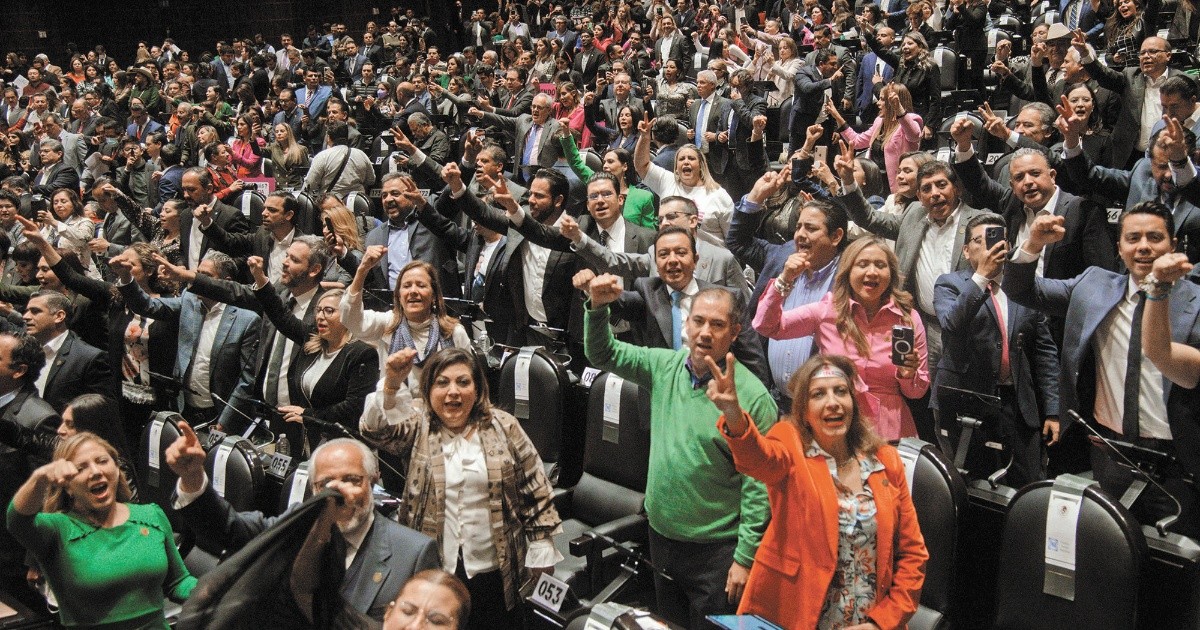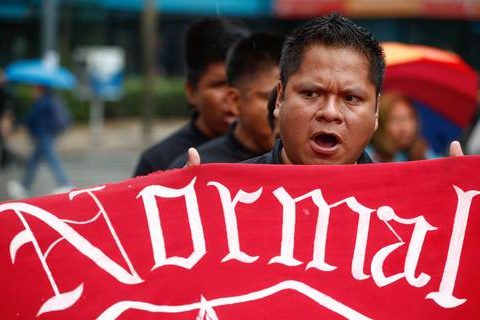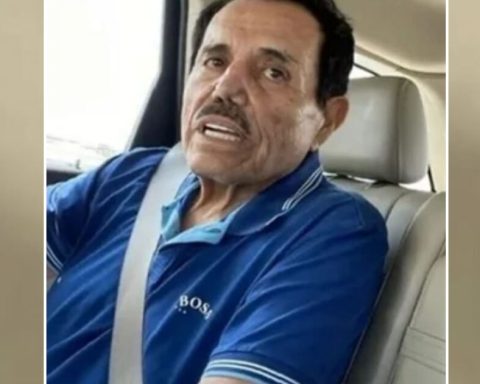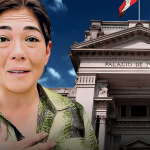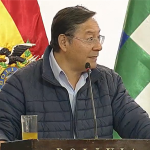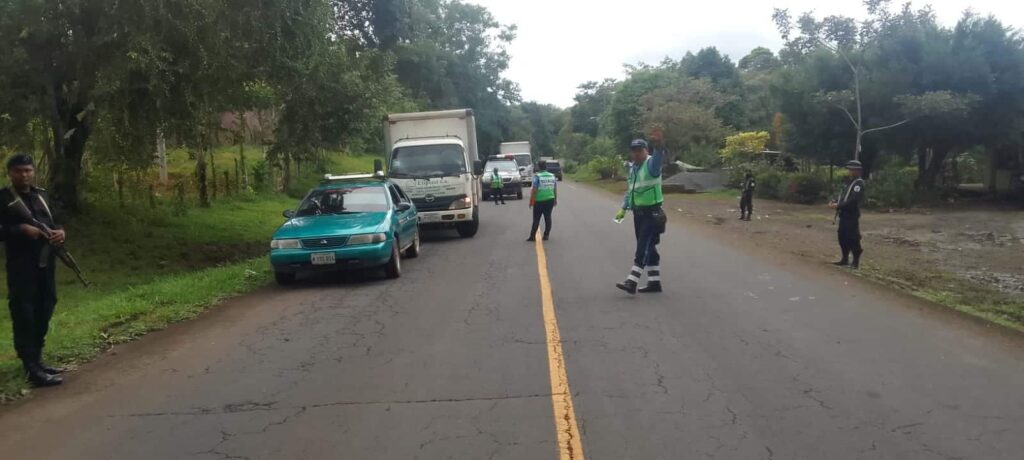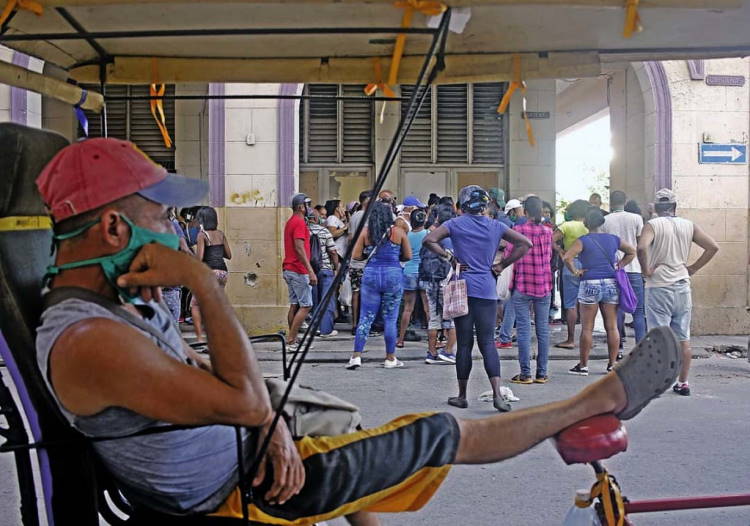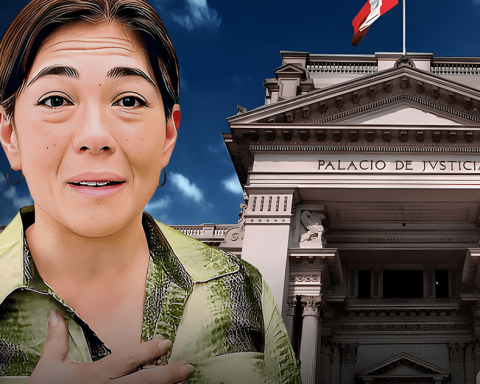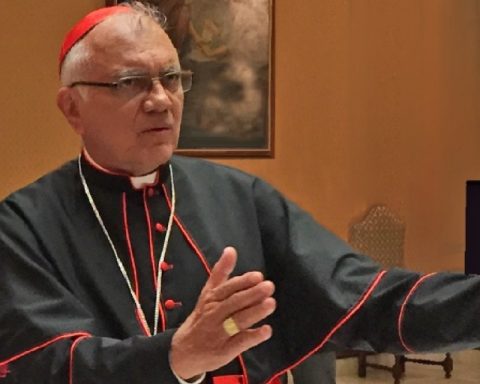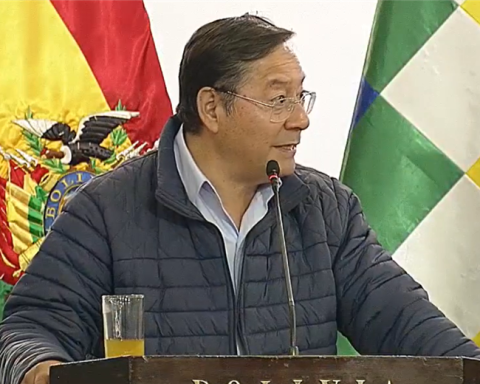After the rejection of the opposition to the constitutional reform in electoral matters proposed by the President of the Republic, Andrés Manuel López Obrador, the Chamber of Deputies sent to commissions the package of reforms to secondary laws delivered yesterday, December 6.
After starting the evening session, after 10 pm, the Board of Directors of the Lower House informed the legislators that the reform of various laws would be referred to the Political-Electoral Reform, Interior and Population commissions; and, of Justice, for opinion; and, to the Budget and Public Account Commission, for opinion.
project content
Yesterday the Secretary of the Interior, Adán Augusto López, delivered to the Chamber of Deputies the so-called “plan b” for reforms in electoral matters, which was prepared by a multifunctional working group made up of the Legal Counsel of the Presidency and lawyers from the secretariats of Treasury and Government.
Among the modifications proposed is guaranteeing the vote of people who are in pretrial detention.
In addition to establishing limits to the arbitrary actions of both the INE and the TEPJF regarding interpretations unrelated to the law that have limited freedom of expression, political-electoral rights, the self-determination of political parties, among others.
Various measures are also established to protect public resources related to the electoral process; The National Electoral System is created, made up of the concurrent faculties of the National Electoral Institute (INE), as the governing authority, and the Local Public Organizations (OPL) in the federal entities.
The organic structure of the INE and the OPLs is compacted; the administrative branch of the National Electoral Professional Service is eliminated.
In addition to the fact that the telegraphic franchise of political parties is eliminated.
In turn, the electoral bodies are obliged to comply with the mandate of Article 127 of the Constitution, which orders that the salary perceptions of electoral advisers, electoral magistrates and all public servants of both the INE and the TEPJF be less than the salary of the President of the Republic.
As well as modifying the calendar of the electoral process to compact processes and rationalize the resources available for the electoral process, among other things.
With the reform indicated in the explanatory memorandum, savings of up to 3,605 million 624,298 pesos will be generated, mainly from the reduction of the organic structure of the INE.
They reject changes to the Constitution
Earlier yesterday and as already announced by the opposition, President López Obrador’s draft electoral reform opinion was rejected by the plenary session of the Chamber of Deputies, as it did not achieve the qualified majority necessary to make changes to the constitution; the second defeat to one of the great legislative projects of the Mexican president.
During the first face-to-face session yesterday, with 269 votes in favor of the Morena, PT and PVEM benches, as well as 225 against the PRI, PAN, PRD and MC, in addition to one abstention, the plenary session of the Chamber of Deputies rejected the opinion of constitutional reform in electoral matters, sent by President Andrés Manuel López Obrador.
In the discussion of this constitutional project, which lasted nearly five hours, Morena and his allies, the PT and PVEM argued, among other things, that the presidential initiative had the support of the people of Mexico, for which they accused the opposition to serve the interests of an elite, because “it went from a power mafia to an electoral mafia.”
According to what was expressed by the deputy Ignacio Mier Velazco (Morena), the affirmation that the INE was intended to disappear was a lie, however, he warned that it would be touched on in the reforms to the secondary laws.
While for the PAN, the deputy Jorge Romero Herrera lamented that there is no will to make a joint product, since today the initiative of a single person is being voted on again, today it is defined whether the commitment is with democracy or with the power and “we say: the INE is not touched, neither is the Court, the free vote, the autonomy of the electoral authorities and freedom, because democracy is not touched, because it is the most sacred good that we have as a Republic”.
Likewise, Rubén Moreira Valdez, a PRI deputy, expressed that the vote of his parliamentary group would be against.
Meanwhile, deputy Ivonne Ortega Pacheco (MC) emphasized that “we are going to vote against this toxic and regressive reform” and added that “it opens up the possibility that we could have narco-electoral advisers.”
Finally, the deputy Luis Espinosa Cházaro, of the PRD, indicated that the attempt to back down from democracy “will not happen.” He stressed that “a country without democracy is a country without sustenance and that it has nowhere to go, neither legally nor socially.”
Among the modifications proposed in the president’s constitutional initiative was the creation of the National Institute of Elections and Consultations (INEC) to replace the National Electoral Institute (INE), as well as the dismissal of all its advisers.
In addition to modifying the financing of political parties, who would obtain the resources to sustain their ordinary activities from the contributions of their militants or private parties, among other things.
